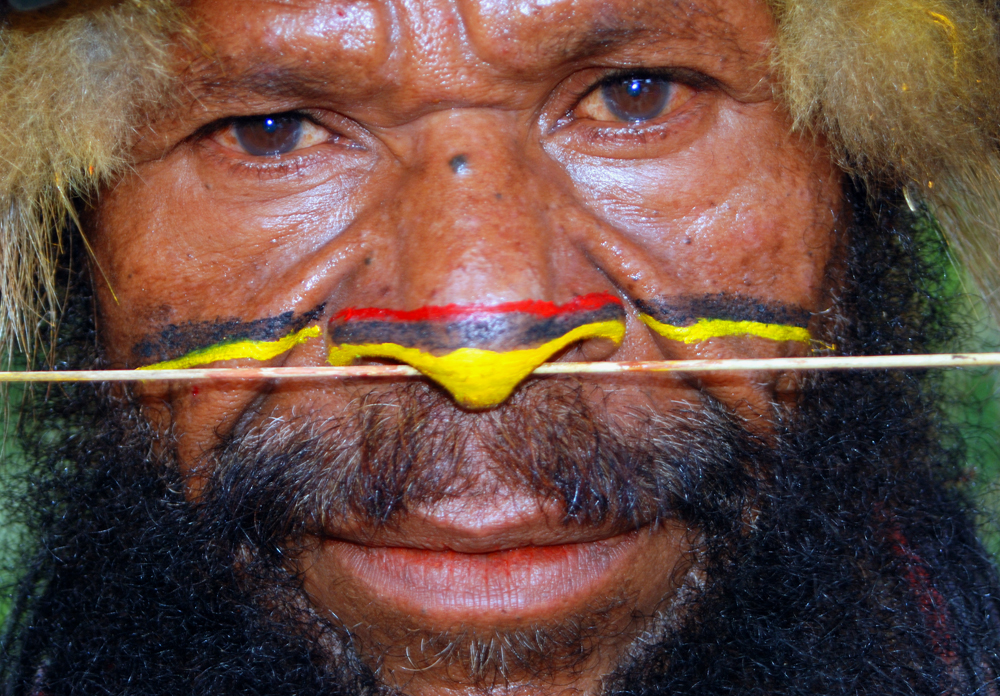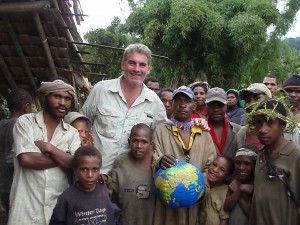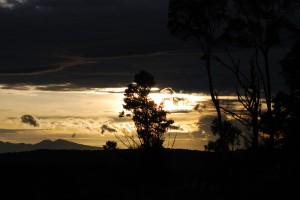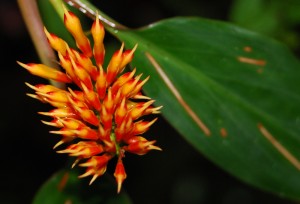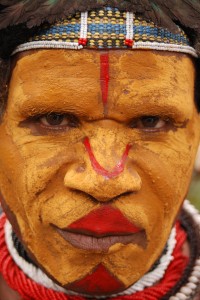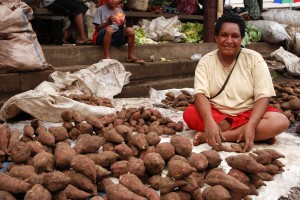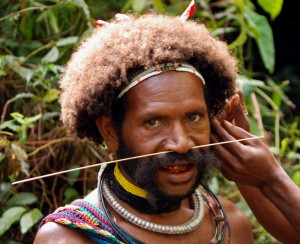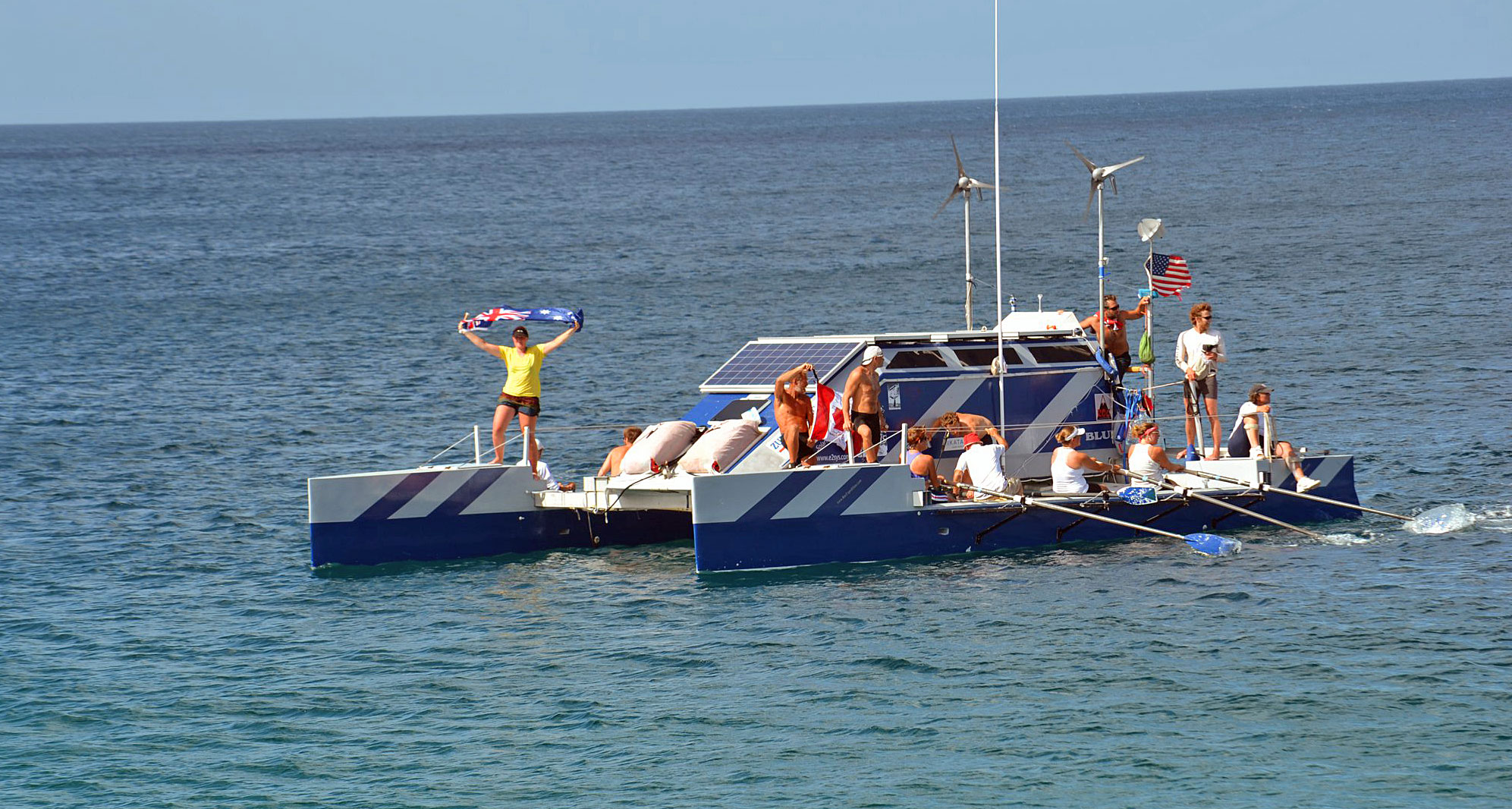Steven Ballantyne was recently made a Fellow of The Royal Geographical Society. A well earned honor and he can now add FRGS to his name. He has also, since I first got to know him via Facebook I think, been very supportive on anything that has been published here and I have asked him a long time to shre his love for one of the most interesting places I have ever been to, Papua New Guinea. I am fortunate to have visited both parts of the islands, but I think I liked PNG the best! His story and life is an inspiration to all of us and give the meaning of life a thought when reading his story below!
Papua New Guinea – 10 years of exploration
by
Steven Ballantyne
My professional life started out as a movement therapist, the study of the use of dance and the arts therapies as a therapeutic technique with a specialist focus on working with bereavement.
Following the end of my studies I became a founder member and trustee of the East London and City Bereavement Association, a London based charity and established a private counselling practice working directly with a range of clients through stages of bereavement as well as victims of crime and clients marginalized from society,
I was quite set on what I had established and achieved, yet through the clients I had the privilege to meet, I experienced a wide range of bereavement rituals, stemming from cultural, religious and family traits, it was with a growing fascination in bereavement rituals that in 2001 I set out on a journey to study rituals and rights of passage around the world.
My interest was to discover and experience beyond that which I already knew and as such selected countries which where considered remote, challenging and more importantly where the population retained its historic values and traditions.
I landed in Papua New Guinea on February 2nd 2001, on February 5th 2001 at around 3pm in the afternoon; I had a gun at my head and was being force to my knees, terrified I handed over my rucksack and bags of food dropped by my porters who had long since vanished into the jungles that surrounded me, I said nothing, but simply waited, while all around me men shouted.
To my relief, I was pulled to standing and pushed towards the Jungle – we walked all night to a village which would become my home for the next 8 days, always guarded but for most of the time left to my own devices. I befriended two women who brought me food and water, it was they who on the 8th day of captivity helped me escape, and it was their selfless acts, that lead directly to my ultimate air rescue by the Australian army.
Before initially heading out to Papua New Guinea I had been warned of the dangers, primarily by people who had never been to the country but still new best, I was told among so many other tails that I would encounter man eaters and head hunters and now here I was sitting in a chopper, who’s crew announced when they hauled me in that ‘We thought you where dead mate’, having been rescued from a tribe that primarily wanted to kill me – but they hadn’t and that thought stayed with me.
Six months later I returned to Papua New Guinea with the sole purpose to meet my captures; I felt the need to understand more about ‘These savages’ and their way of life.
What I discovered through my time with them was a community is despair; they had lived for over 4 years through tribal warfare due to an ongoing land dispute and as such had not been able to plant gardens to grow the crops to feed their families, they had lived in fear of loosing their lives should they venture far, they where a community in need of help.
Two sides to every coin!
Over the past ten years I have continued to return to Papua New Guinea to explore its territories and gain a deeper understanding of the many different communities that can be found hidden within its jungles, I have also set out to provide support where I can, such as providing funding for a village school and basic medical provision, for the most part I have found stable communities who’s lives are built on trust and reliance upon one another to survive, whether they be the hunter gathers of the tribe or home makers they all have an equal part to play to ensure the village runs and all mouths are fed, stepping into this world from the one I know where money dominates and the need for more is every growing, Papua New Guinea and village life seems quite civilised and lessons could certainly be learned from the Western World as to how to live with thy neighbour!
It is through the friendship’s build over time, with many of the men I now call friends being my original captures, that has given me the opportunity to explore the country as I have, but exploring means accepting the dangers that one may face to accepting without question how communities and individuals live, I trust my guides to do exactly that lead me not only into new territories but also in the way of their people.
I take their lead when challenged and seek their advice consistently through out the expedition – I tend to travel alone, that is without a Western companion for it is the company of the guides and porters and the tribes I meet, who I seek companionship from.
Papua New Guinea have become very much my home and I will continue to explore its jungles for as long as they accept me, documenting and recording the tribal rituals that set each village apart as well as making journeys without any other purpose other than to just live within the jungle, to wake each day to fresh ground coffee (beans picked and dried and roasted while on expedition) a good breakfast of ‘dampers’ baked in the fire which takes the morning chill away, a day hiking into the unknown, yet knowing there is an adventure ahead.
My next expedition to Papua New Guinea planned for later this year is to explore the Great ‘Fly’ river a journey from sea to source.
Over the past ten years Papua New Guinea has become a key focus in my expedition work, but along side this time has been spent in Java living at the foot of Mt. Bromo with the Tengger people and journeys into the Mongolia Gobi Desert, working with scientists from the University on Ulaanbataar and supporting their field research.
Steve Ballantine, read more about him here!
